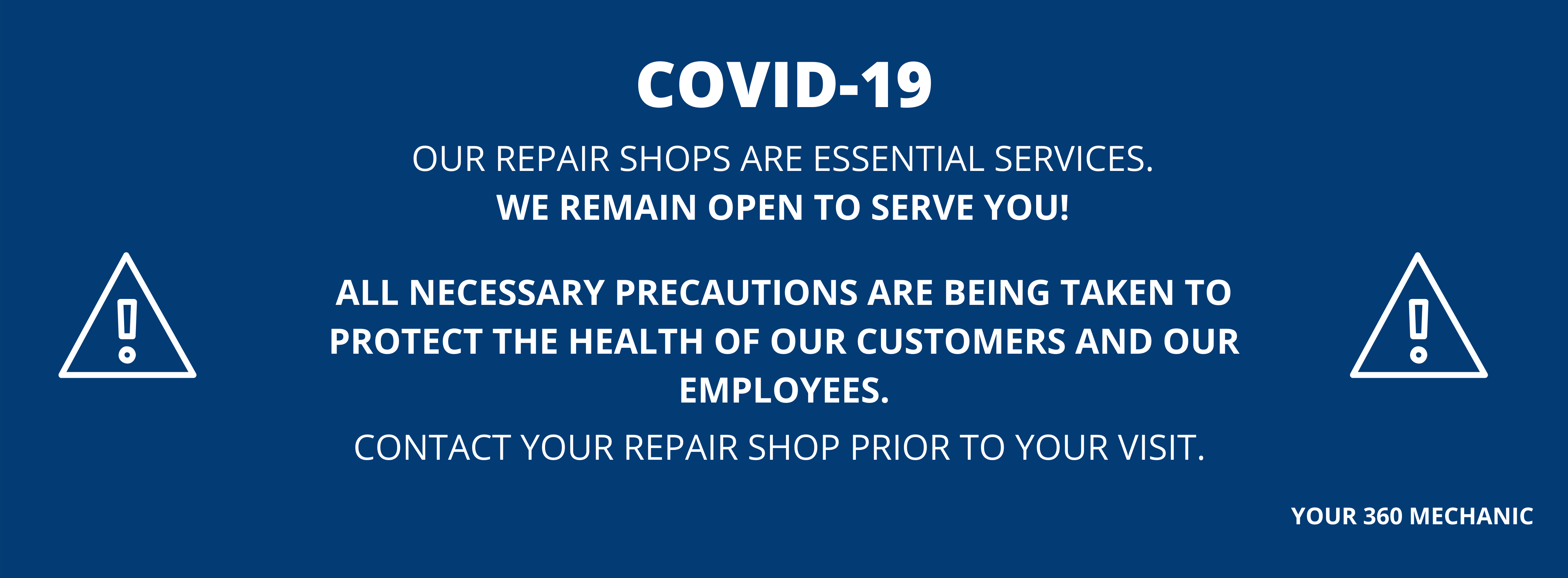How can I avoid falling asleep at the wheel?
Drowsy driving is a serious issue that causes many accidents. These accidents can be avoided if drivers take precautions to avoid falling asleep. Here are some things to consider to keep yourself and other road users out of harm’s way.
Make sure you get enough sleep
Did you know that sleeping for only a few hours or staying awake for 24 hours can impair your ability to drive the same way as drinking too much alcohol? In other words, your faculties are severely impaired. Even if you feel fit to drive, don’t trust your senses. You should only get behind the wheel if you’re truly well-rested. If you often wake up feeling tired, consult a health professional because you may be suffering from sleep apnea without realizing it.
Verify the effects of your medications
Are you taking allergy pills or cold and flu medication? Some over-the-counter and prescription drugs can cause drowsiness. Read the labels carefully and come up with a plan B for driving.
Avoid driving under certain circumstances
Getting behind the wheel after a heavy meal or driving on a straight, monotonous road at night can be risky. These conditions are highly conducive to falling asleep.
DON’TS
Are you yawning or nodding off? Don’t try to stay awake with coffee, energy drinks or loud music. Rolling down the windows won’t cut it, either. Rest is the only way to eliminate fatigue and regain your alertness. Pull over in a safe place and take a 20-to-30-minute nap.
Many modern vehicles have devices that detect when drivers are dozing off. They emit an audible signal if the driver behaves dangerously, such as crossing a continuous line or closing their eyes for too long. Learn more about these life-saving systems if you’re looking for a new car.
